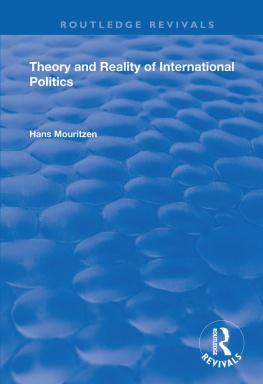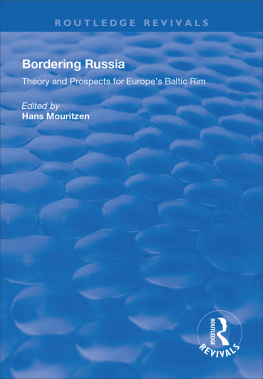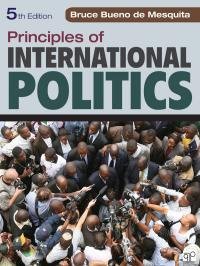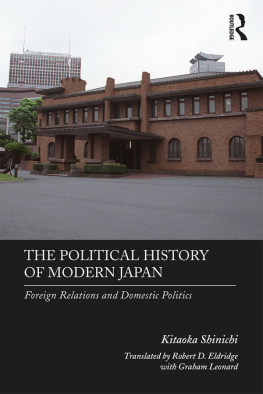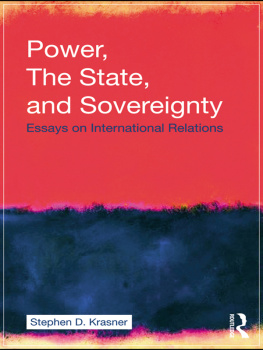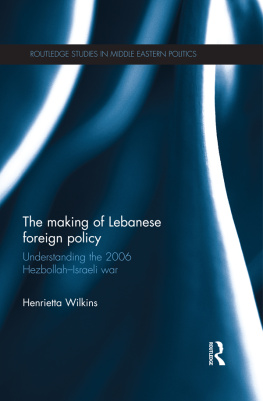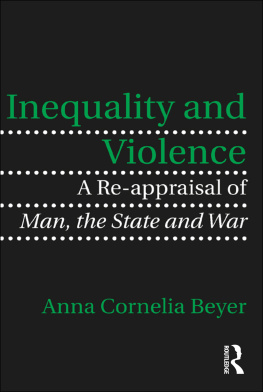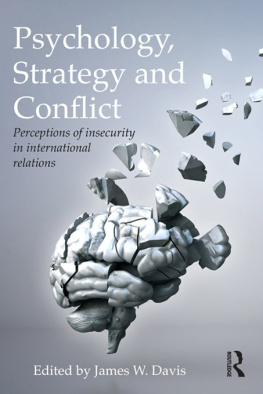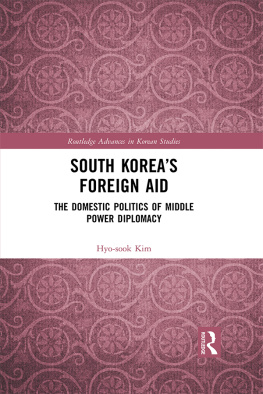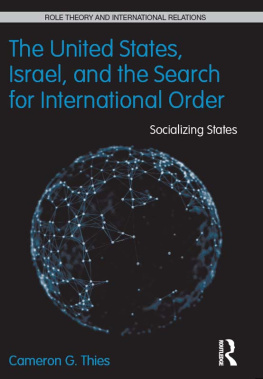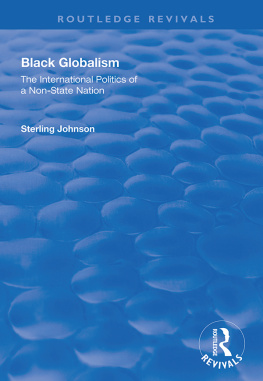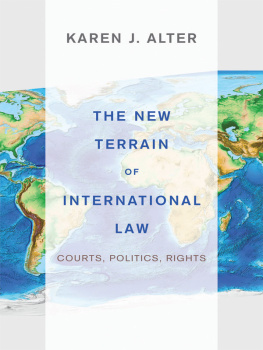THEORY AND REALITY OF INTERNATIONAL POLITICS
To Maria, my daughter
Theory and Reality of International Politics
Hans Mouritzen
First published 1998 by Ashgate Publishing
Reissued 2018 by Routledge
2 Park Square, Milton Park, Abingdon, Oxon, OX14 4RN
52 Vanderbilt Avenue, New York, NY 10017
Routledge is an imprint of the Taylor & Francis Group, an informa business
Copyright Hans Mouritzen 1998
All rights reserved. No part of this book may be reprinted or reproduced or utilised in any form or by any electronic, mechanical, or other means, now known or hereafter invented, including photocopying and recording, or in any information storage or retrieval system, without permission in writing from the publishers.
Notice:
Product or corporate names may be trademarks or registered trademarks, and are used only for identification and explanation without intent to infringe.
Publisher's Note
The publisher has gone to great lengths to ensure the quality of this reprint but points out that some imperfections in the original copies may be apparent.
Disclaimer
The publisher has made every effort to trace copyright holders and welcomes correspondence from those they have been unable to contact.
A Library of Congress record exists under LC control number:
ISBN 13: 978-1-138-39117-8 (hbk)
ISBN 13: 978-0-429-42288-1 (ebk)
- CAP Common Agricultural Policy
- CFSP Common Foreign and Security Policy
- EC European Community
- ECJ European Court of Justice
- EPC European Political Cooperation
- EU European Union
- FCMA Treaty of Friendship, Cooperation and Mutual Assistance
- IFOR Implementation Force (NATO in Bosnia)
- IGO International Governmental Organization
- IM Internal Market
- INGO International Non-governmental Organization
- IR The International Relations Discipline
- NATO North Atlantic Treaty Organization
- OSCE Organization of Security and Cooperation in Europe
- SEA Single European Act
- SOP Standard Operating Procedure
- UN United Nations
- WAPA Warsaw Pact
International politics is like a formal dinner, whose guests are seated according to a pre-planned table arrangement. Each guest is obliged to the pleasant or unpleasant company of two or three other guests sitting next, irrespective of his or her preferences; apart from the most dominating personalities, the general noise prevents conversation from being conducted on a broader scale. Correspondingly, the major units in international politics ('nation-states' until further notice) chiefly interact with states in their geographical neighbourhood, even though certain units have a wider action space than others. Units being bullied by a neighbouring great power do not have the option of escape.
In most of international relations (IR) theory-building, however, it is tacitly assumed that the units of international politics are mobile. In other words, international politics is seen rather like a reception, whose guests can circle freely among each other. This has led to much mistaken theory-building.
The main thesis of this book is that nation-states' mutual non-mobility constitutes a fundamental property of international politics, on a par with its much debated anarchy (the absence of an international government). This may sound banal, but the combination of 'banal' and not-so-banal assumptions adds up to wide-ranging implications for how theories of international politics should be built.
The present book has not been intended as an IR textbook. However, its rather polemic style arguing its own original view may in fact be a fruitful way of addressing some of the IR 'great debates' for graduate students, mainly. The book is not structured around IR schools (realism, utopianism, liberalism, institutionalism, etc.); they give too little constructive guidance for theory-building, although still dominating in teaching and scholarly debates. The most important contribution of inquiry is neither accurate description, nor predictive usefulness. Rather, it is explanation of something puzzling us; a 'theory' is only a theory, if it can explain (and preferably explain much by little). That makes it sensible to structure a book like the present one around explanation - in case of international politics and the behaviour of its major units (foreign policy). Levels of explanation and their interrelationships offer the book's structure.
I am grateful to several students and colleagues at the University of Copenhagen, at COPRI (The Copenhagen Peace Research Institute) and at DUPI (The Danish Institute of International Affairs), my current employer, for listening patiently to my non-mobility argument ever since 1978, as I first read Kenneth Waltz's presentation of his theory in Handbook of Political Science. Some suspected that I was joking, others took it seriously; I fully respect both types of reactions.
DUPI has provided skillful technical assistance in the preparation of the manuscript. Apart from technical assistance, Harvard graduate student Christian Sparrevohn has read and commented constructively upon each and every chapter, on details as well as on basic points. As always, however, I carry responsibility for the book's content, including any errors or misjudgements, Finally, I thank my family for their patience and endurance.
HM
Copenhagen
August 1997
Molecules in a gas or consumers in a market are mobile; there is no specific and stable environment for each unit. After some drifting around in various segments and corners of the system, the 'average environment' of each unit can be equated with the system, it forms part of: the gas or the market. In this sense all units face the same environment. By contrast, nation-states in international politics are mutually non-mobile; this is an implicit, but fundamental property of international politics on a par with its anarchy. Non-mobility means that each state faces a specific and stable salient environment rather than the international system as a whole. Since power and incentive wane with distance, it follows that each state's salient environment will have significant explanatory power in relation to its behaviour (foreign policy). However, most of the academic international relations (IR) discipline proceeds, as if states were mobile like floating vessels in the sea with no specific environment. It has been discussed to the brink of boredom in IR, whether 'systemic' or 'domestic' factors can explain foreign policy and international politics, but states' salient environment is apparently forgotten. It is puzzling why this repression has taken place in the IR community unlike among historians or journalists, for instance. One reason is probably that theoretical constructs have been uncritically imported from branches of science studying systems of mobile units (economics and cybernetics, for instance). Also, IR as a relatively young discipline desiring scientific respectability may have felt that its comprehensive object of study - the international system - should be somehow 'important' and therefore carry a reasonable explanatory power of its own. In this way, however, it has become a straitjacket for theoretical development.
Post-bipolarity has made regional and local power structures more important at the expense of an overall systemic structure. This may explain the renewed interest in geo-politics, for instance. It is too superficial to say, however, that the current systemic polarity requires other theories than did bipolarity. As I shall argue, post-bipolarity makes certain enduring peculiarities of international politics more visible than they were during bipolarity, but the point is that they have been there all the time.

